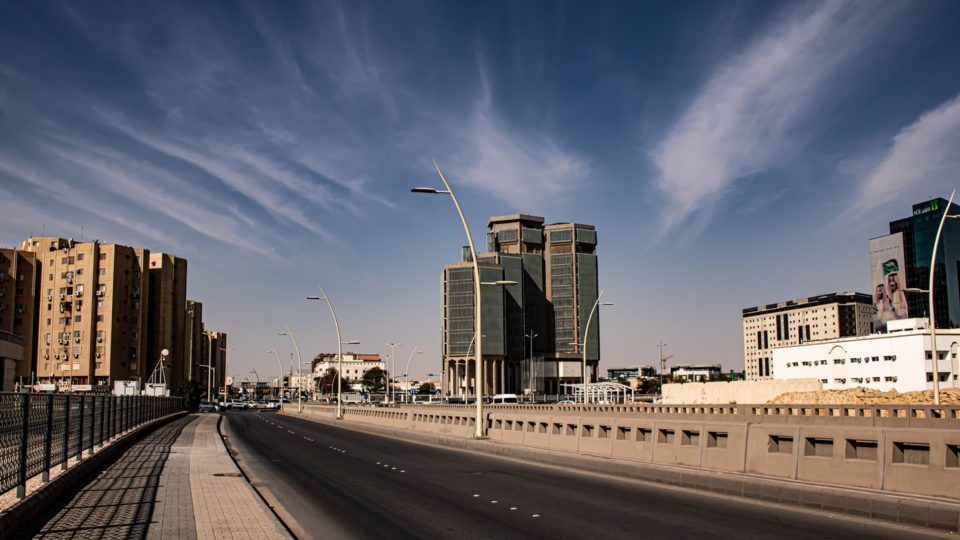Five Filipinos have died in Saudi Arabia after testing positive for the coronavirus, the Philippine ambassador to the Middle Eastern kingdom announced today.
Though he did not provide additional details about the deaths, Ambassador Adnan Alonto said in a virtual presser that the five fatalities were among 119 Pinoys infected with COVID-19.
As of April last year, Saudi Arabia remains the top destination for Overseas Filipino Workers (OFWs), with workers in the kingdom estimated at about 2.3 million, according to a 2018 government survey.
Though the number of infections is by no means meager, the diplomat said that the infected Filipinos in Saudi are fortunate because the Saudi government is providing free treatments to its COVID-19 patients.
“We are lucky that the Saudi government is implementing free treatment. Hospitalization of COVID-19 related cases here are free, whether they are in public or private hospitals,” Alonto said in English and Filipino.
Read: More than 2 million workers laid off due to COVID-19 lockdowns, says Labor Department
Saudi Arabia’s recorded COVID-19 cases as of yesterday are at 17,522, with 139 deaths and 2,357 recoveries, Al Arabiya English reports.
Alonto explained that the much higher spike in cases is due to the kingdom’s decision to conduct mass testing.
“Mass testing has been implemented and prioritized in dense areas [in the country],” he said.
The diplomat added that the Philippine embassy is providing food for OFWs, especially displaced workers. He added that there will be repatriation flights for them, but did not say when this would happen.
“The embassy [in Saudi Arabia] is doing all it can to provide workers with food assistance to workers especially [employees] with ‘no work, no pay.’ We are looking at stranded workers who have finished their contracts, or have been given exit visas so they can come home safely to the Philippines. It may be difficult to come home, but at least they are with their families,” he said.




